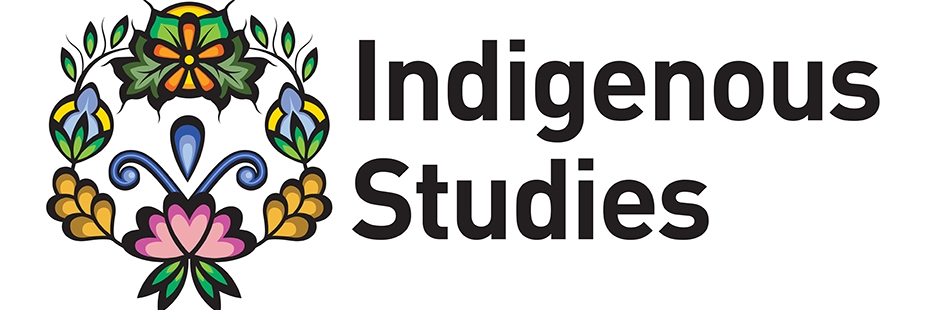Courses with Indigenous Content
GART/SOSC-1210 (An Introduction into Indigenous Topics)
ENGL-2320 (Indigenous Literatures)
HIST-2460 (Aboriginal Peoples in Canadian History: Beginnings to Mid-19th Century)
HIST-2470 (Aboriginal Peoples in Canadian History: Mid-19th Century to Present)
ICWG-2380 (Good Relations: Indigenous Sovereignty, Feminism, and Reconciliation)
PHIL-1350 (Culture, Health, and Social Justice on Turtle Island)
PHIL-2300 (Indigenous Philosophy of the Americas)
POLS-2000 (Indigenous Policy and Constitutional Relationships)
POLS-3000 (Indigenous Treaties and Land Claims)
POLS-4000 (Indigenous Nation-Building: Traditional Governance in a Modern Era)
Updated: June 20, 2025

